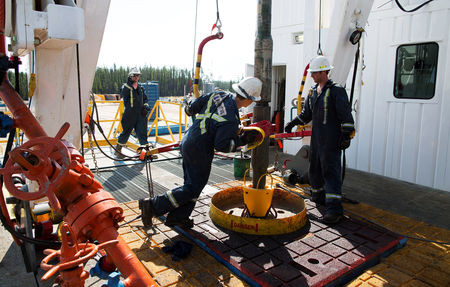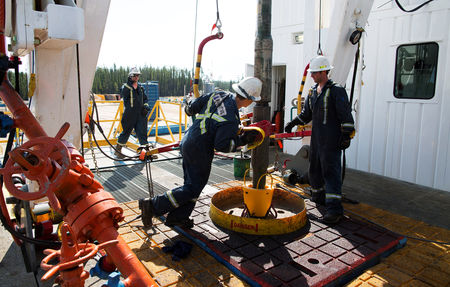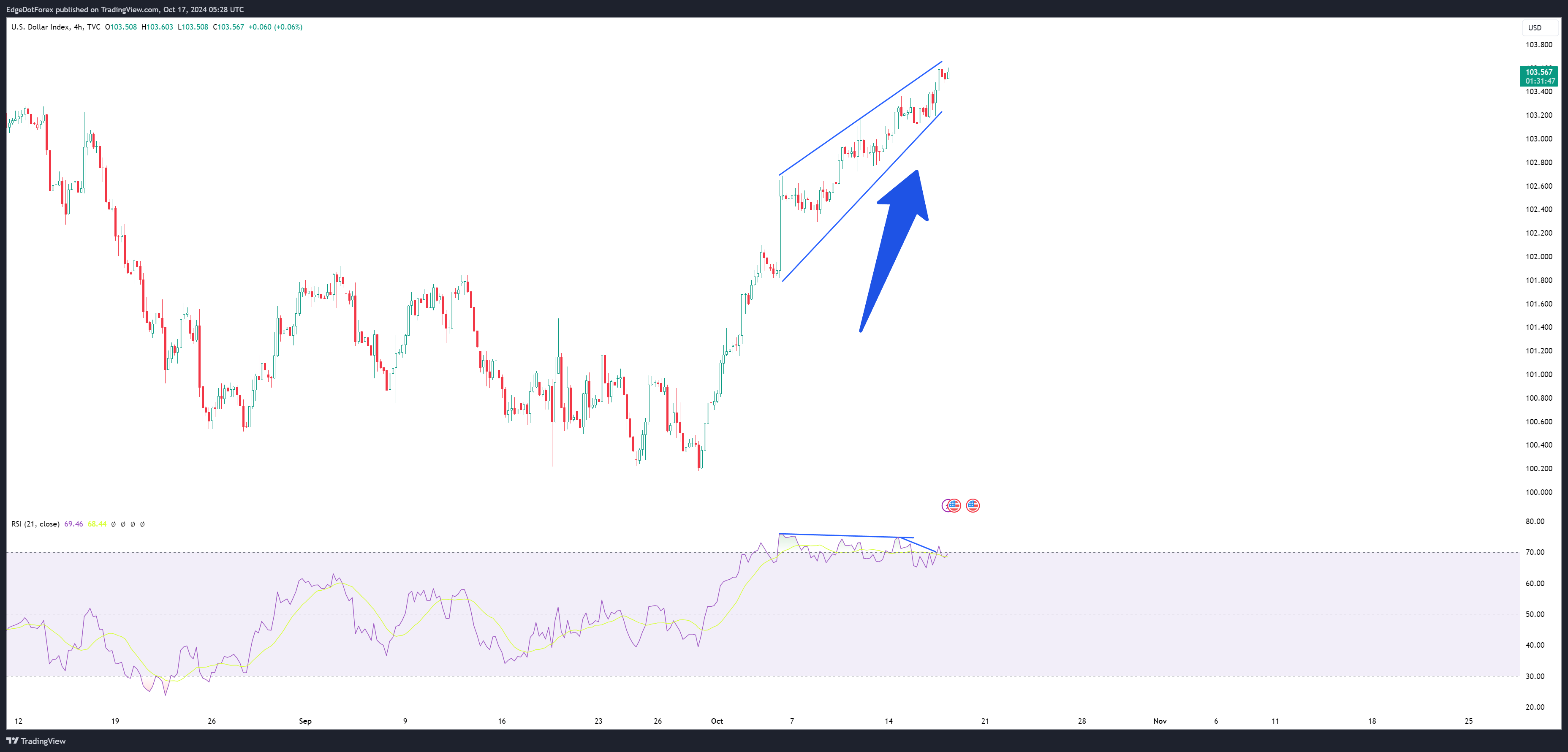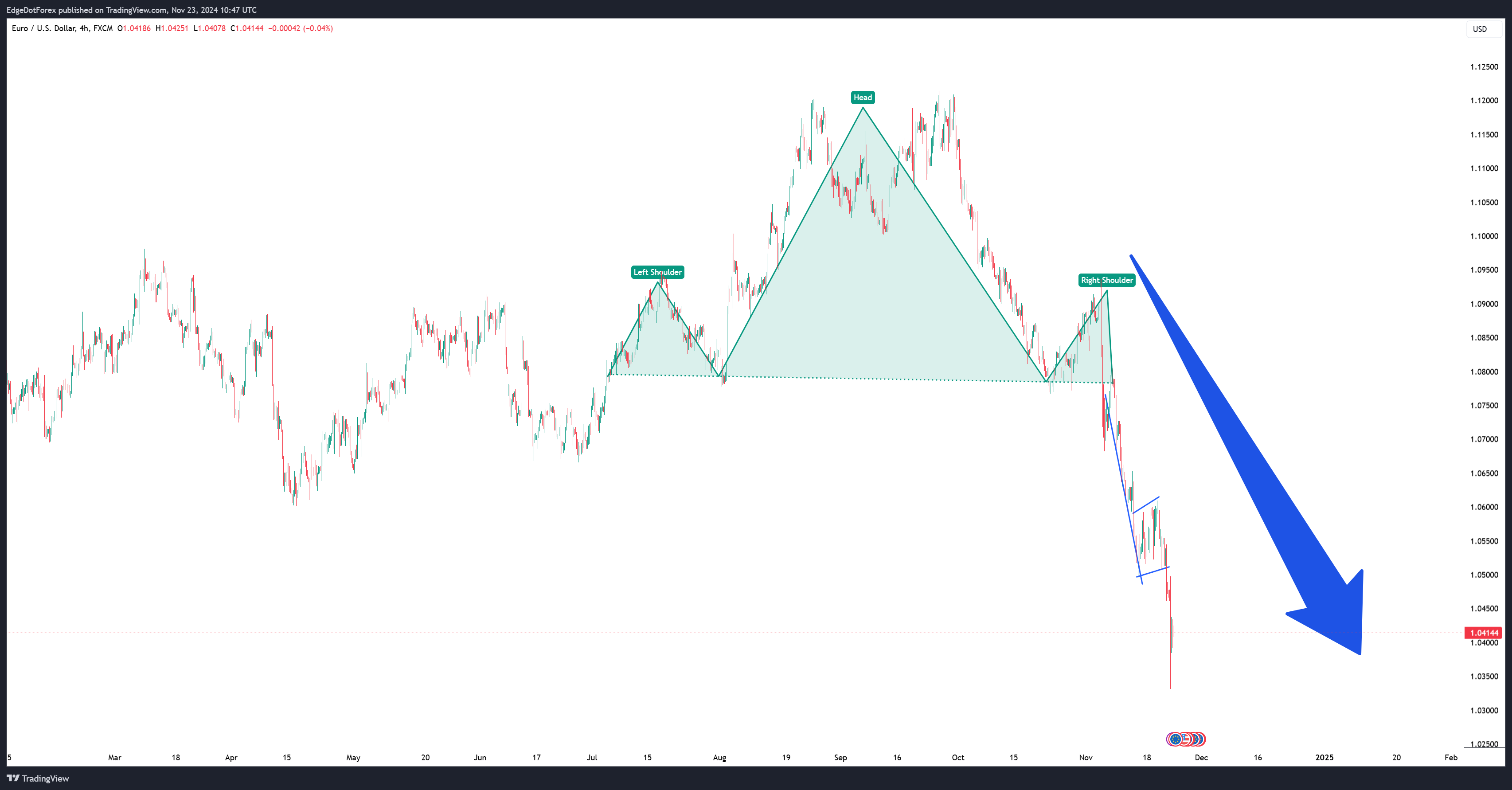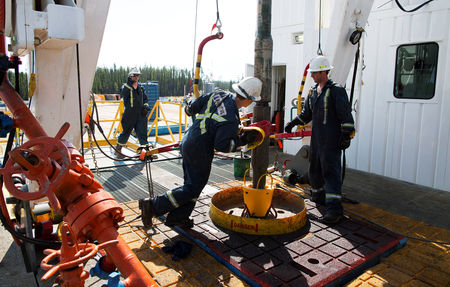Investing.com — Analysts at UBS in a note dated Tuesday emphasized that the current natural gas market dynamics require higher prices in 2025 to sustain stronger export demand.
Despite recent price increases following a dip in August, UBS believes that natural gas prices must rise further to balance market conditions, especially considering export growth and market rebalancing efforts.
US natural gas prices began climbing at the end of August, following a period of low prices that incentivized producers to cut output.
This reduction, coupled with increased demand in the power sector—where natural gas has been favored over more expensive coal—has contributed to a slowdown in weekly natural gas injections. Consequently, the market has started to rebalance.
However, natural gas inventories remain above the five-year average. The surplus, which was over 500 billion cubic feet before July, has since decreased to less than 300 billion cubic feet, signaling gradual rebalancing in supply and demand.
Despite this progress, UBS has revised its natural gas price forecasts downward. Delays in the start of new US liquefied natural gas export terminals, combined with potential disruptions from weather events like hurricanes, have led the team to reduce their forecast by USD 0.20/mmbtu across all time frames.
“We now expect the Golden Pass export terminal to start around end-2025,” the analysts said.
Nevertheless, UBS maintains that prices need to rise in 2025 to support the expected increase in export demand. While new export capacity is on the horizon, these delays have pushed out the expected timeline for a price recovery.
UBS however flag several risks that could further influence price trajectories. A key uncertainty is the weather, particularly the severity of the upcoming winter. A very mild winter could dampen demand, further delaying price increases.
Conversely, a colder-than-expected winter could put upward pressure on prices due to higher heating demand.
High roll costs, which have already weighed on market performance, also remain a challenge for investors. Given these uncertainties, UBS currently advises investors to stay on the sidelines and avoid making recommendations in the short term.
This post is originally published on INVESTING.

